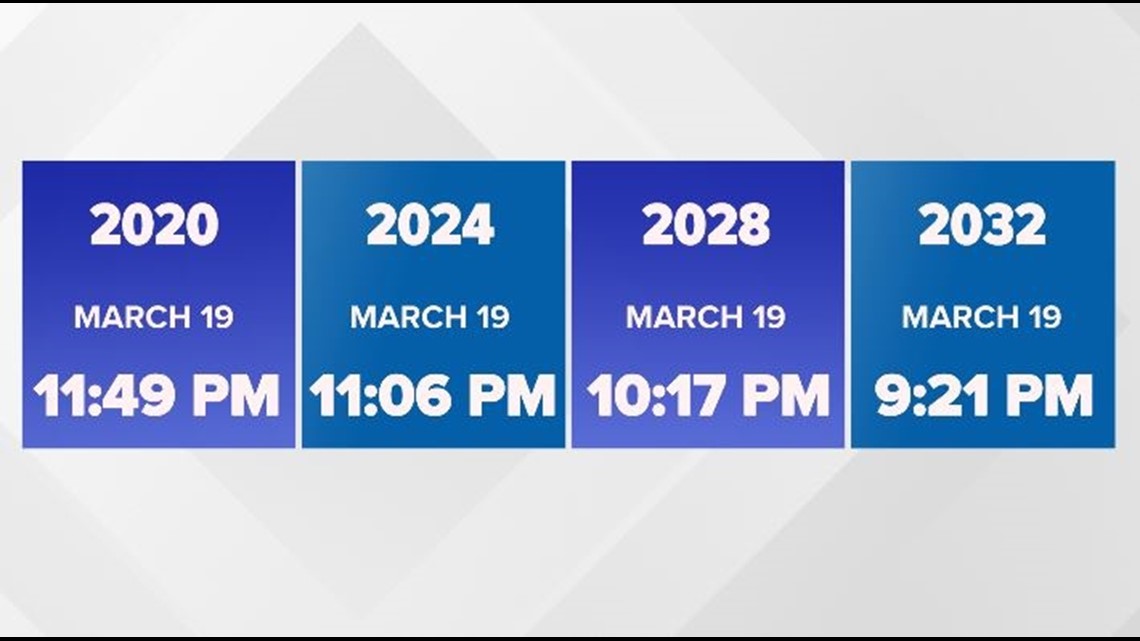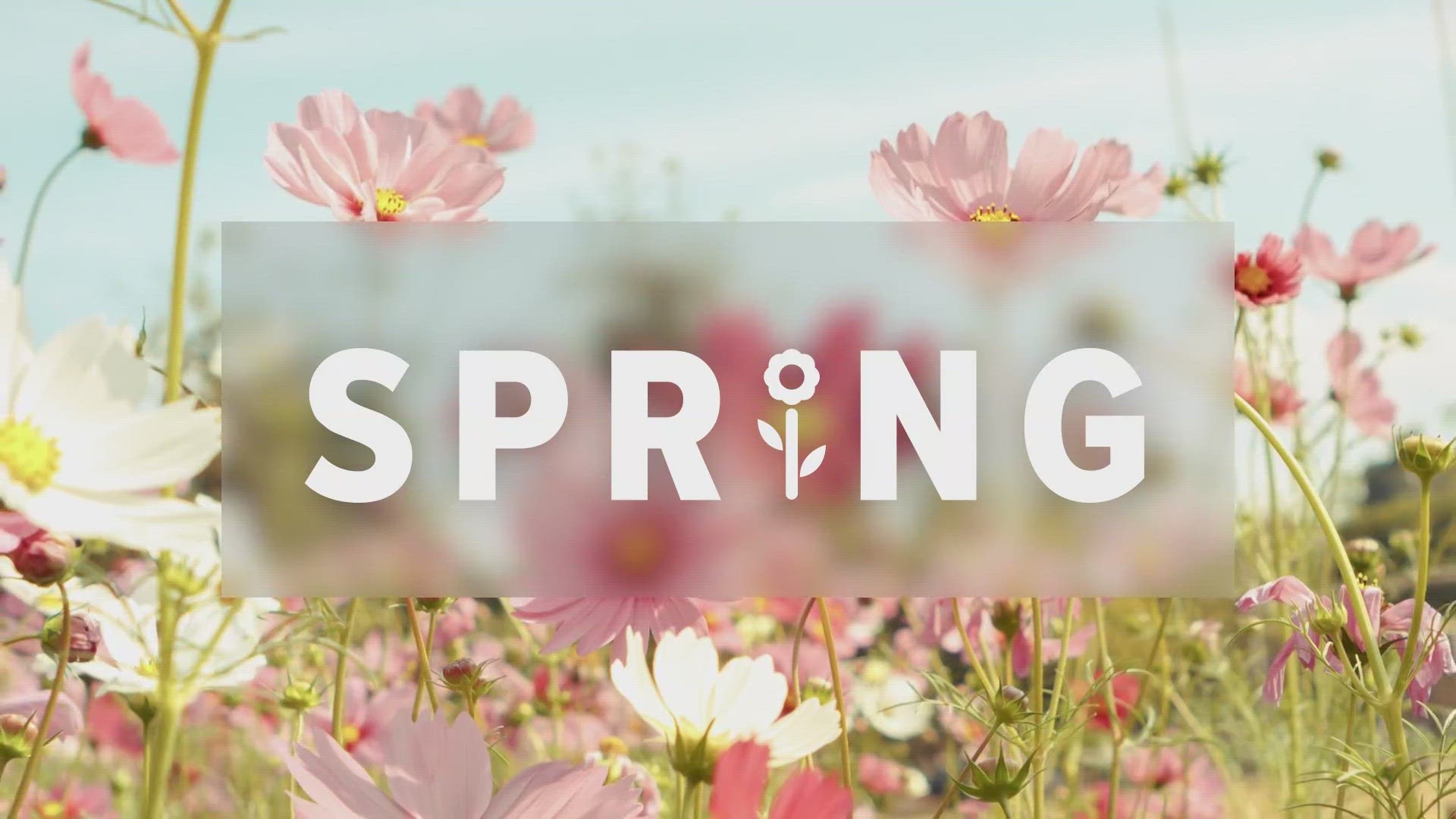JACKSONVILLE, Fla. — The spring equinox happens tonight. That’s when the sun’s rays are directly over the equator and there are about equal parts day and night over the earth. It occurs at an exact moment in time, marking the start of spring. Tonight, spring officially begins at 11:06pm.

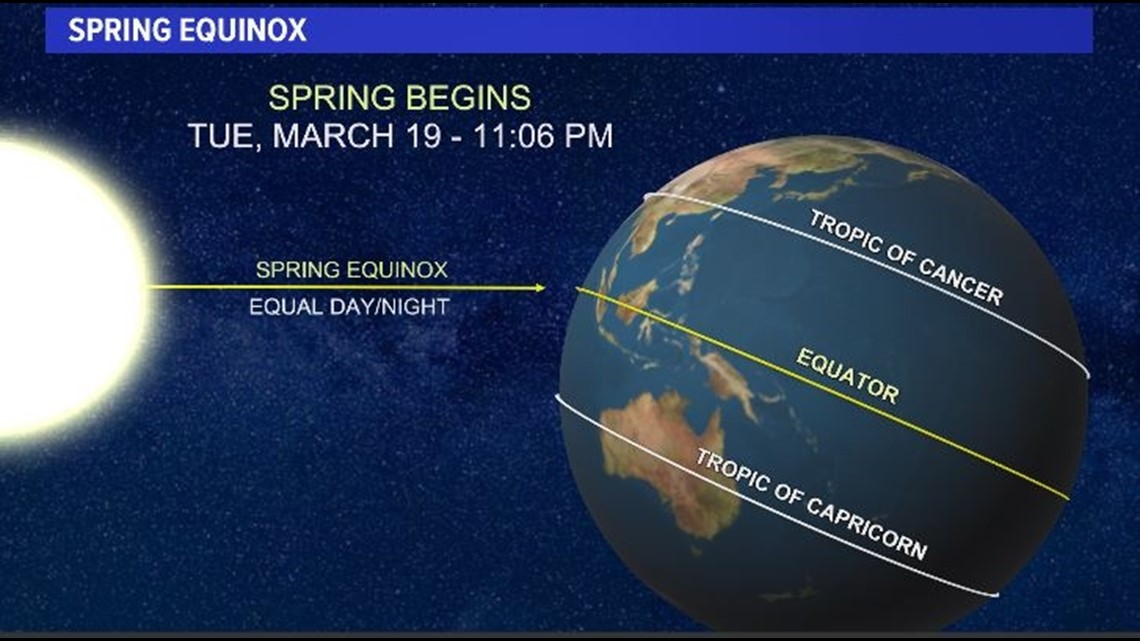
This is the earliest start to spring in 128 years, dating back to 1896. That year, the equinox occurred on March 19 at 9:23 p.m. EST.
Usually, the spring equinox occurs on March 20 or 21. In fact, the 1900s never saw the equinox fall on March 19.

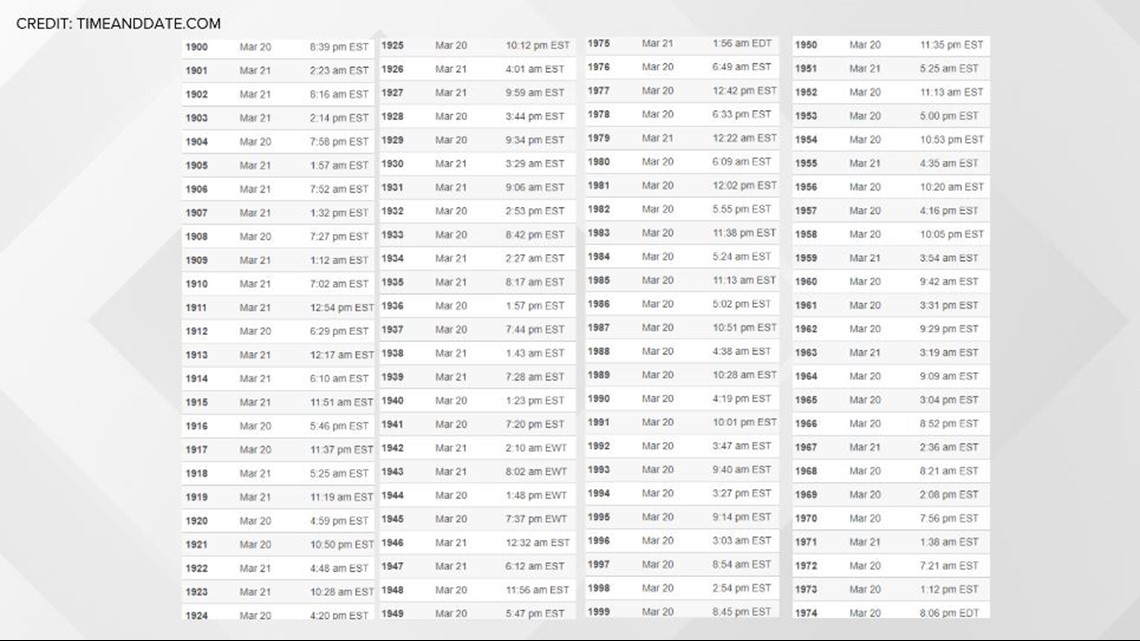
2020 saw a March 19th equinox, but it just occurred later in the day, at 11:49pm.
The earlier spring equinoxes are linked with leap years. When you add a leap day to a year, it moves the spring equinox up by about 18 hours. Thus, there was a March 19 equinox in 2020 and 2024. It will happen again in 2028, 2032, and so on.

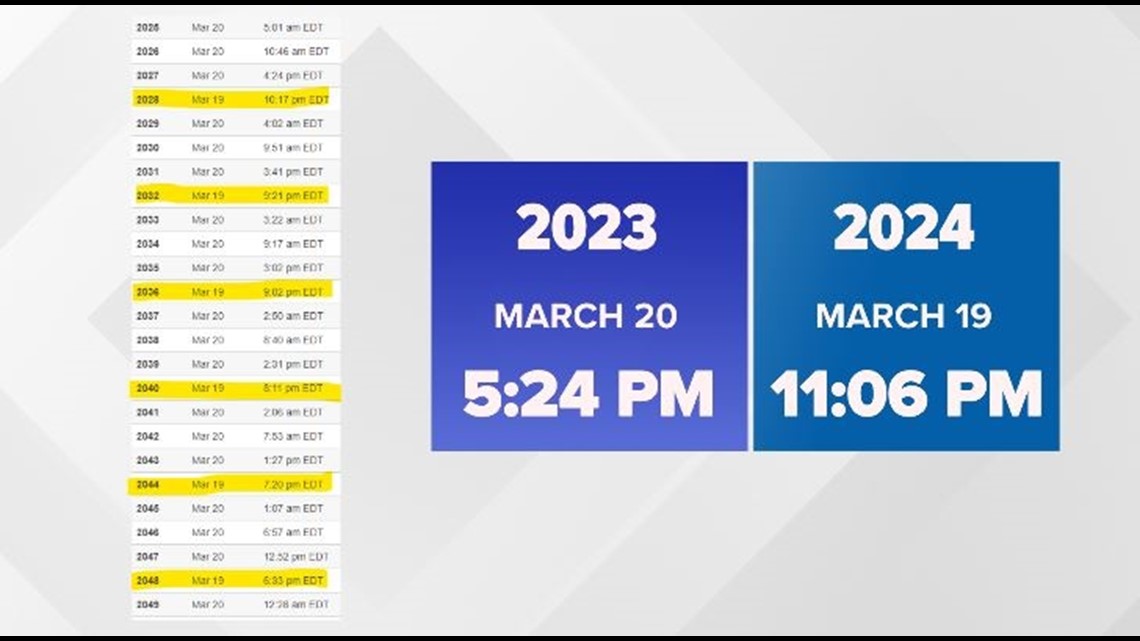
With every leap year this century, the equinox will get earlier and earlier. By 2096, the equinox will occur at 10:04 a.m.
But why were there no March 19 equinoxes in in the 1900s? That also has to do with leap years.
A leap year occurs every 4 years with an exception – there will not be a leap year on a century mark unless it is divisible by 400. So, the years 1600 and 2000 were leap years, but 1700, 1800 and 1900 were not.

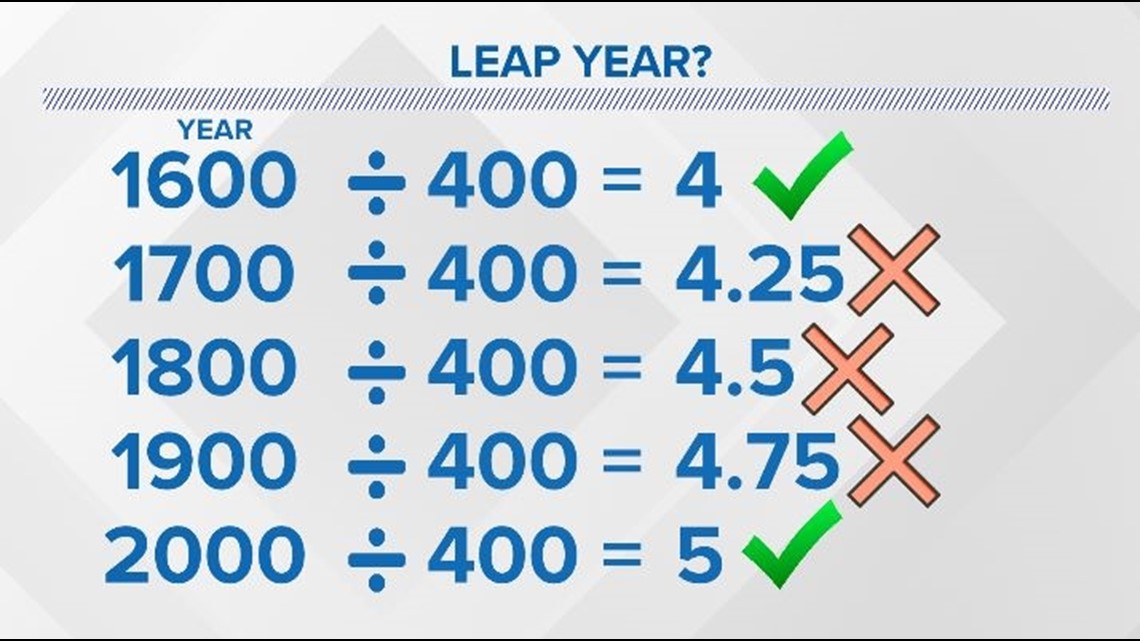
A leap day adds more time to the year and moves the equinox up. When you skip a leap day, like in 1700, 1800, and 1900, the equinox will keep falling back in time. By the 1900s, with 3 skipped leap years, the equinoxes were all later, on March 20 or 21.
Since 2000 was a leap year, we instead added more time to start this century, and thus the spring equinoxes have, and will continue to, move up into the March 19th time slot every leap year for the rest of this century.

